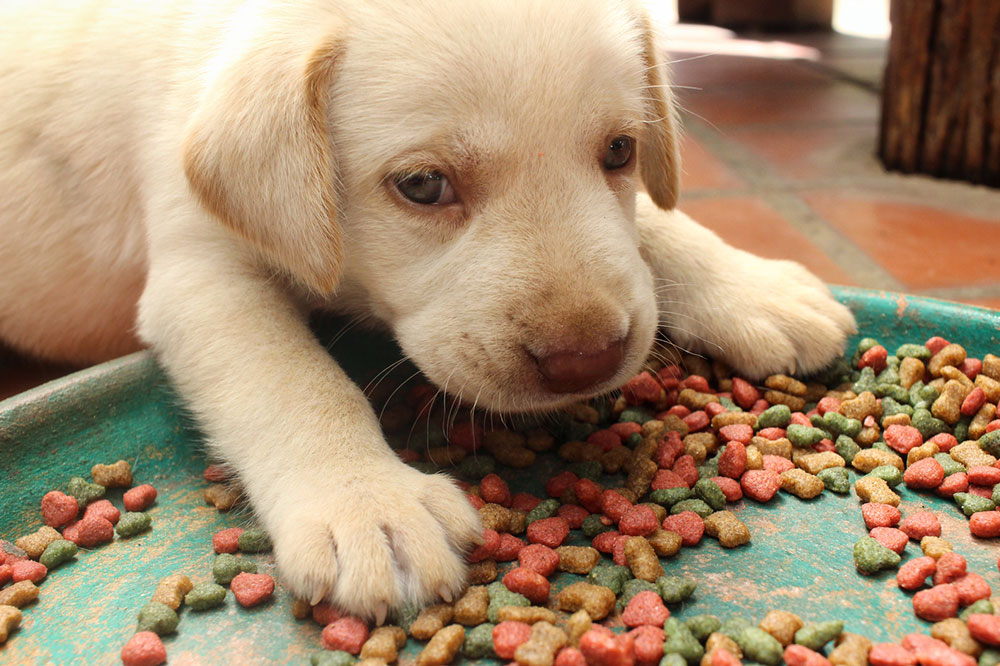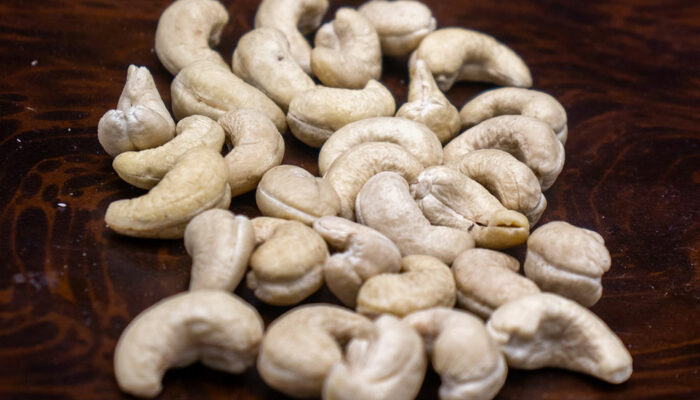
Food Allergy Symptoms in Dogs
Dog allergies can be frustrating to deal with because it is not easy to identify what food causes allergies. The symptoms of food allergies in dogs can range from mild stomach infections to severe conditions like coma and breathlessness. Here is a list of the top symptoms of food allergies you should know about to take better care of your dog’s health.
- Itch
Itch is one of the common symptoms of food allergies in dogs. One of the primary symptoms of food allergies is itching that can happen anywhere in the body. Some of the common parts of the body that itch are as follows:- Paws
- Rear
- Stomach
- Ears
- Chronic ear infections
If you take your dog regularly to the vet for chronic ear pain or recurrent infections, the reasons could be food allergies. Some of the symptoms to look out for are stinky ears with black or brown residue build-up, regular shaking of the ears, and constant itching of ears. - Painful, discolored nail beds
One of the symptoms of food allergies in dogs can be infected, painful, and discolored nail beds. Most dogs have pinkish or white nail beds when they are healthy. Beds that are red, brown, or black can be a response to food allergies. - Gastrointestinal troubles
Another common symptom of food allergies in dogs is different kinds of gastrointestinal issues that can pop up any time between a few hours to up to 24 hours after eating something allergic. Some of the common issues noted are as follows:- Upset stomach
- Diarrhea
- Vomiting
- Abdominal pain
- Watery eyes
Just like how humans experience watery eyes when they have an allergy, some dogs may also experience watery eyes when they have eaten something that is allergic to them. Food allergies can cause the dogs to scratch their eyes often, have a gooey discharge from their eyes, and cause eye discoloration too. Eye pain is also one of the common symptoms of food allergies in dogs. - Swelling of the eyes and face
Acute food allergies can lead to the swelling of the face and eyes. Sometimes the dogs can experience breathing difficulties because of swelling, and in that case, it is important to rush the dog to the vet. - Sneezing/wheezing
Another of the common symptoms of food allergies in dogs is sneezing or wheezing. Fits of sneezing or the dogs struggling to take breaths can both be because of inflammation in the food or air pipe because of a food allergy.
The intensity of all these symptoms of food allergies in dogs depends on the size and age of the dog and the amount of allergic food consumed. If you notice any of these signs in your dog, do not hesitate to rush to your vet for solutions. Elimination of foods is the best way to identify the source of food allergies.



